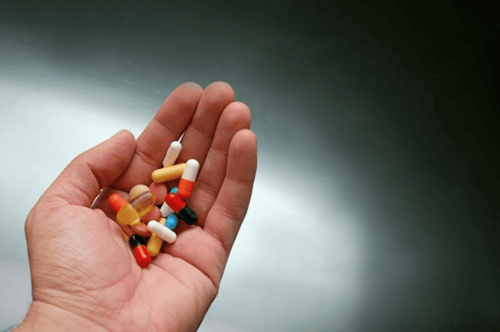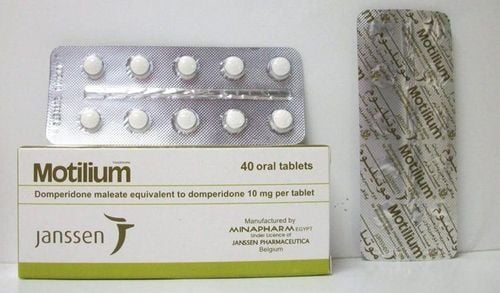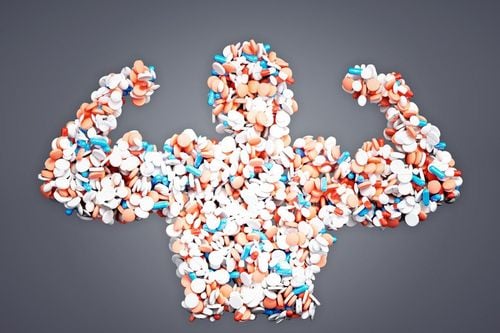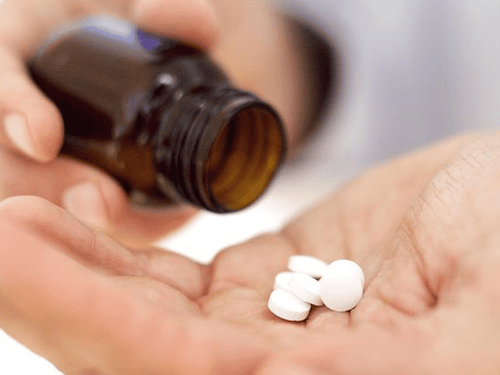This is an automatically translated article.
At first, the patient may choose to take a drug because he or she likes how it feels. You may think you can control how much and how often you take it. But over time, the drug changes the way the brain works. These physical changes can persist for a long time. They cause a person to lose control of themselves and can lead them to engage in harmful behaviors.
Addiction is a state that affects a person's brain and behavior. When addicted to drugs, the person will not be able to resist the urge to use them, no matter how harmful the drug may be.
Addiction is not just heroin, cocaine or other illegal drugs. Patients may be addicted to alcohol, nicotine, opioid pain relievers, sleeping and anti-anxiety medications, and other legal substances.
1. Addiction and abuse
Substance abuse is when a sick person uses legal or illegal substances in ways they should not. The patient may take more than the usual dose or use someone else's prescription. Patients may abuse drugs to feel good, relieve stress, or avoid reality. But often, people can change this unhealthy habit or stop using it altogether.
Addiction is when the patient can't stop. Even though it puts the patient's health in jeopardy, it causes financial, emotional and other problems for the patient or his or her loved ones. The urge to buy and use the drug fills the patient's mind every minute of the day, even when the patient wants to quit.
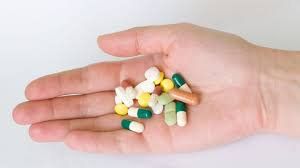
Lạm dụng thuốc với cách uống hơn liều thông thường là hành động không lành mạnh
2. Effects on the brain
The brain is programmed to make the person want to repeat experiences that made the patient feel good, so the patient is encouraged to do those actions again. Narcotic drugs target this habit of the brain, dopamine flooding creates a feeling of extreme pleasure, so the patient continues to take the drug to achieve this feeling.
Over time, the patient's brain gets used to the extra dopamine. So the person may need more medication to get the same feeling. And the patient's hobbies, like eating and spending time with the family, are no longer pleasurable.
When using narcotic drugs for a long time, it can also cause changes in other brain chemical circuits and systems, affecting the ability to:
Judgment Decision Memory Learn Together, these brain changes can lead people to seek and use drugs in increasingly out-of-control ways.
The brain is programmed to make the person want to repeat experiences that made the patient feel good, so the patient is encouraged to do those actions again. Narcotic drugs target this habit of the brain, dopamine flooding creates a feeling of extreme pleasure, so the patient continues to take the drug to achieve this feeling.
Over time, the patient's brain gets used to the extra dopamine. So the person may need more medication to get the same feeling. And the patient's hobbies, like eating and spending time with the family, are no longer pleasurable.
When using narcotic drugs for a long time, it can also cause changes in other brain chemical circuits and systems, affecting the ability to:
Judgment Decision Memory Learn Together, these brain changes can lead people to seek and use drugs in increasingly out-of-control ways.
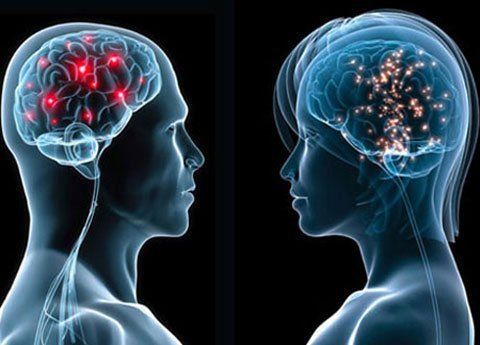
Các chất gây nghiện ảnh hưởng không lớn lên não bộ của người dùng
3. Signs of drug addiction
A smoker may have one or more of the following warning signs:
Wanting to use the drug every day, or several times a day. Take more medicine and for longer than necessary. Patients always carry medicine and buy medicine even if they can't afford it. People continue to use drugs even when it gets them into trouble at work or disapproves of family and friends. Patients spend more time alone. The patient does not take care of himself or does not care about his appearance. The patient steals, lies, or does dangerous things, such as driving while "high" or having unprotected sex. Patients spend most of their time finding, using, or recovering from the effects of the drug. The patient feels uncomfortable when trying to quit smoking.
4. What should the patient do?
If the patient loses control or causes problems when taking the medicine, see a doctor immediately.
Getting out of addiction will take time. There is no cure, but methods can help people stop taking the drug and live well without it, such as consultation with a specialist, medication, or a combination of the two. Patients need to consult a doctor to find the most appropriate treatment.
Early drug use increases a person's likelihood of addiction. Remember, narcotics change the way the brain works — and this can lead to addiction and other serious problems. So, early stopping drug or alcohol use can help reduce these risks.
The risk of drug use increases greatly during the transition. For an adult, divorce or job loss can increase the risk of drug use. For a teen, risky times include moving house, divorce in the family, or transferring schools. As children move from elementary school to middle school, they face challenging new social, family, and academic situations. Usually in this stage, children are exposed to substances such as tobacco and alcohol for the first time. By the time they enter high school, teens may experience more drug use, older teens who use drugs, and drug-based social activities. As individuals leave high school and live more independently, such as in college or work, they may be exposed to drug use more easily when they leave the protection of family and school. .
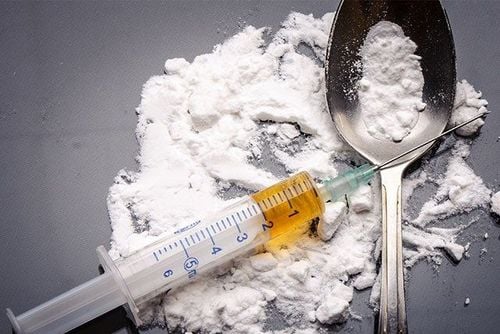
Sử dụng thuốc gây nghiện được phát hiện ở lứa tuổi thanh thiếu niên
Young people's desire to try new things and become more independent is good, but it can also increase a teen's tendency to try drugs. The parts of the brain that control judgment and decision-making don't fully develop until the early or mid-20s. This limits the ability to accurately assess the risks of drug testing in young adults. teenagers and makes them more susceptible to peer pressure.
Because the brain is still developing, drug use at this age is more likely to disrupt brain function in areas important for motivation, memory, learning, judgment and behavioral control.
Please dial HOTLINE for more information or register for an appointment HERE. Download MyVinmec app to make appointments faster and to manage your bookings easily.
Reference source: webmd.com




